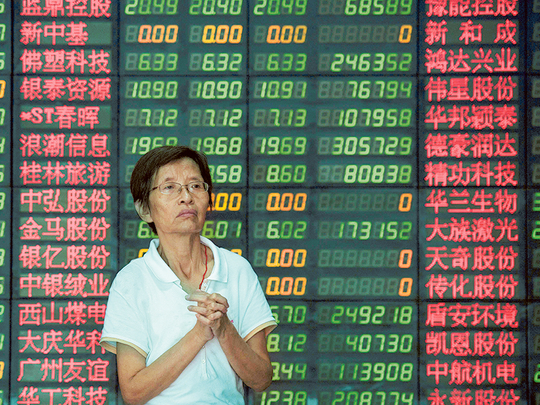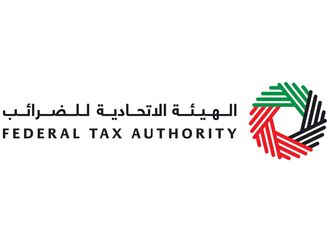
London: The sharp falls in global stock markets in August potentially offer hedge funds that decide to bet on the outcome of merger deals a chance to make some juicy returns.
A plunge in China’s equity markets last month that triggered falls around the world, in theory, makes it cheaper for hedge funds to set up a so-called merger arbitrage trade.
Merger arbitrage funds often aim to make money by buying shares in a company that is the target of a takeover bid in the hope they will rise towards the offer price. They also bet that the share price of the company making the bid will fall and they can make a return from the spread between the two prices.
The spreads on some deals have widened as a result of the stock market falls and volatility, offering an attractive entry point for arbitrageurs into some of the world’s biggest deals.
During August, the MSCI World Index, which tracks major stock markets, fell 6.9 per cent to record the worst month’s performance since May 2012 “August was a pretty tough month, and merger spreads widened as you’d expect,” Ben Watson, Senior Investment Manager at Aberdeen Asset Management, said. “But if you have conviction a deal will close, it’s potentially a great opportunity.” Royal Dutch Shell’s planned takeover of BG Group, expected to close in the first half of 2016, for example, offered funds a return of around 15 per cent based on the spread at the end of August, Watson said.
In the United States, a deal between health care groups Cigna
and Anthem, due to close in the second half of 2016, offered a 25 per cent return.
Asset manager Lyxor is about to upgrade its view on merger arbitrage strategy, Head of Research Philippe Ferreira said, believing this will rebound as market conditions become more stable.
Ferreira said discussions with fund managers using the strategy revealed that lower returns in July and August were down to adverse market conditions and not a belief the deals would fail.
Merger arbitrage is part of a broader category known as event-driven investing, which seeks to take advantage of share price differences that may occur in the run up to a corporate sale, or merger or other corporate event.
Event-driven hedge funds manage about $222 billion globally.
In terms of returns, the strategy lost 2.5 per cent in August, giving up all its gains for the year, data from tracker Eurekahedge showed.
In the first seven months of the year, the broader category of event-driven funds collectively suffered net outflows worth $3.3 billion as against $9.5 billion net inflows in 2014, the data showed.
It has been a bumper year for M & A deals. Globally, M & A has totalled $2.9 trillion so far this year, Thomson Reuters data to Aug. 14 showed, just shy of an all-time record of $3 trillion set in 2007 over the same period.
Watson at Aberdeen said he was looking for arbitrage funds that actively trade around incremental deal news, such as signs a deal may fail on antitrust grounds. He said this was because of the increased market volatility and as some deals involve companies that already have large market shares.
Also, the sheer scale of some deals could be a deterrent to arbitrage funds.
For Chris Hawkins at fund of hedge fund firm Gottex, the scale of the share price fall in companies engaged in deals therefore needs to be assessed carefully.
“Deals are more attractive than before, but the question is are they now priced correctly ... I am not sure that there is conviction that things are truly cheap.”












